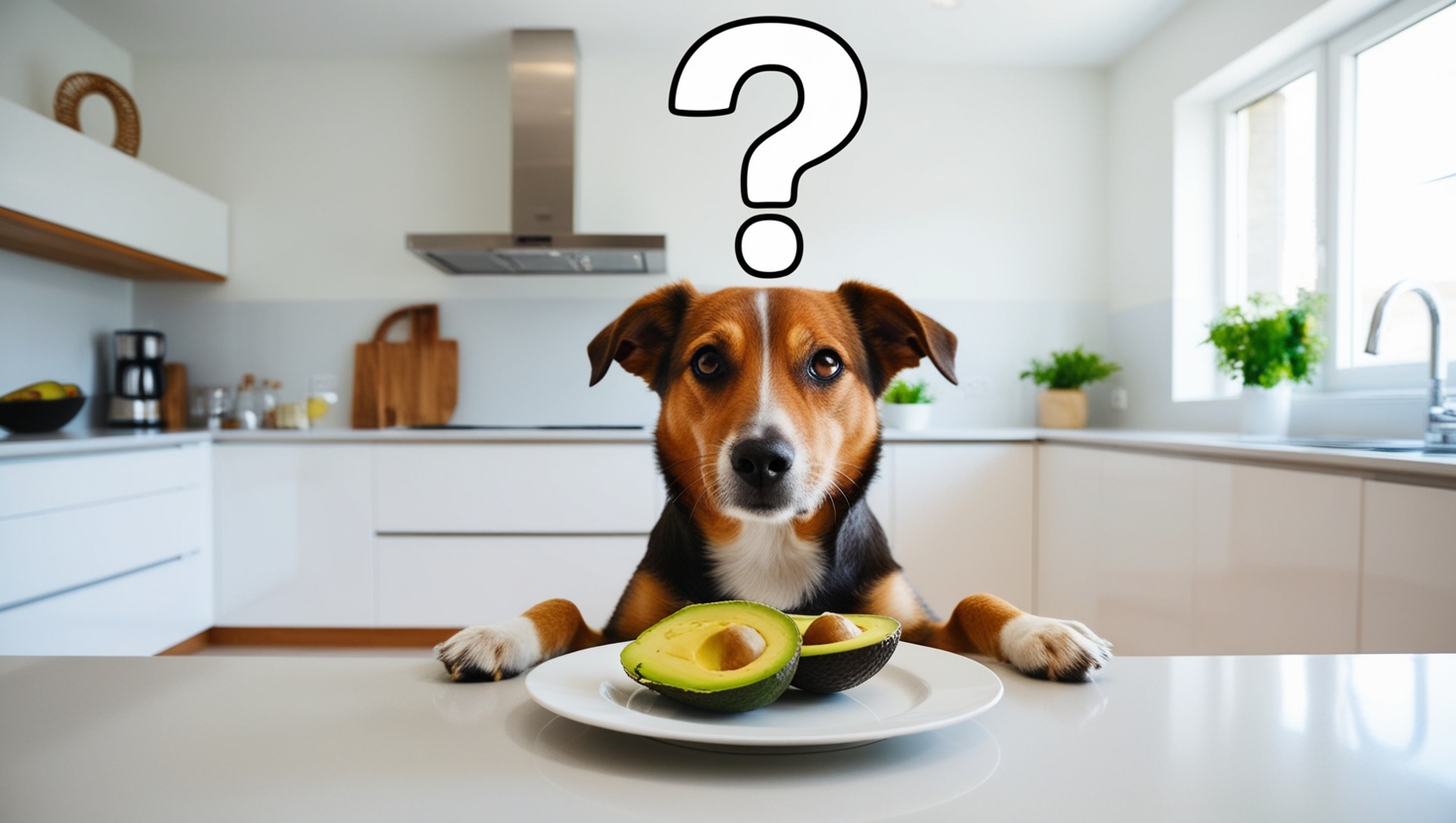Avocados have become a popular superfood for humans, packed with vitamins, healthy fats, and fiber. But when it comes to our four-legged friends, we need to be cautious. So, can dogs eat avocado? The answer is complex—while certain parts of the avocado can be harmful to dogs, small amounts of the fruit itself may be safe under the right conditions. Here’s a breakdown of what dog owners should know before feeding avocado to their pets.
1. Why Are Avocados Controversial for Dogs?
Avocados contain a substance called persin, a natural fungicidal toxin found in the leaves, skin, and pit of the avocado. While persin is highly toxic to certain animals like birds and horses, dogs are generally more resistant. However, in large quantities, persin can still cause vomiting, diarrhea, and other digestive issues in dogs. That’s why it’s essential to be cautious when considering avocado as a treat.
2. Safe and Unsafe Parts of the Avocado
- The Fruit (Flesh): The green, fleshy part of the avocado contains very little persin and, in small amounts, is typically safe for dogs. This part of the avocado is rich in healthy fats, fiber, and vitamins like B6, C, and E, which can be beneficial for dogs when consumed in moderation.
- The Skin and Pit: These parts contain higher levels of persin and pose a choking hazard. The skin, in particular, is tough for dogs to digest, and the pit can block the intestines if swallowed. It’s best to avoid giving these parts to your dog entirely.
- The Leaves: The leaves contain the most persin and are considered highly toxic to dogs. Make sure avocados or avocado plants are out of reach in your home or garden.
3. Health Benefits of Avocado (When Given in Moderation)
If you choose to give your dog a small amount of avocado flesh, there can be some health benefits:
- Healthy Fats: Avocado contains monounsaturated fats, which can promote a shiny coat and improve skin health.
- Antioxidants: Vitamins C and E in avocados help support a strong immune system.
- Fiber: Small amounts of fiber can aid digestion and help regulate your dog’s digestive system.
4. Risks of Feeding Avocado to Dogs
While small amounts of avocado flesh can be safe, there are still risks associated with feeding avocado to dogs:
- Digestive Upset: Too much avocado can cause vomiting or diarrhea, even from the flesh alone. Monitor your dog after any new food is introduced to check for adverse reactions.
- Pancreatitis: Avocado’s high fat content, while healthy in small doses, can lead to pancreatitis in dogs if consumed in large quantities. Dogs with sensitive stomachs or a history of pancreatitis should avoid high-fat foods, including avocado.
- Choking Hazard: The avocado pit is large and can easily become lodged in a dog’s throat or digestive tract, requiring surgical removal. Always discard the pit safely out of your dog’s reach.
5. How to Safely Feed Avocado to Your Dog
If you want to let your dog try a small taste of avocado, here’s how to do it safely:
- Only Feed the Flesh: Remove the skin, pit, and any leaves. Offer only a small piece of the ripe green flesh.
- Monitor Your Dog: Watch for any signs of digestive distress, especially if it’s the first time your dog is trying avocado.
- Limit Portion Size: Stick to small, infrequent portions. Avocado is not necessary in a dog’s diet, so consider it an occasional treat rather than a regular food.
6. Avocado in Dog Products
Some commercial dog foods and treats contain avocado oil. Avocado oil is generally safe for dogs, as it lacks the persin found in other parts of the avocado. Products with avocado oil are processed and tested to ensure safety, so you can feel confident using reputable products if they list avocado oil as an ingredient.
Conclusion
So, can dogs eat avocado? Yes, but with caution. Small amounts of avocado flesh are generally safe for dogs, while the skin, pit, and leaves should always be avoided. When fed in moderation, avocado flesh can provide healthy fats and nutrients, though it’s not a necessary part of a dog’s diet.
When in doubt, consult your veterinarian if you’re unsure about introducing avocado or any new food into your dog’s diet. By being informed and careful, you can safely treat your dog to a small taste of avocado—without the risks.

